Coursera is a major online learning platform started in 2012. It offers courses from top universities for students worldwide. This article helps students and parents compare Coursera with other tutoring platforms, so they can make informed choices. We look at reviews, pricing, and features in 2025, and show how Coursera stacks up against alternatives like My Engineering Buddy.
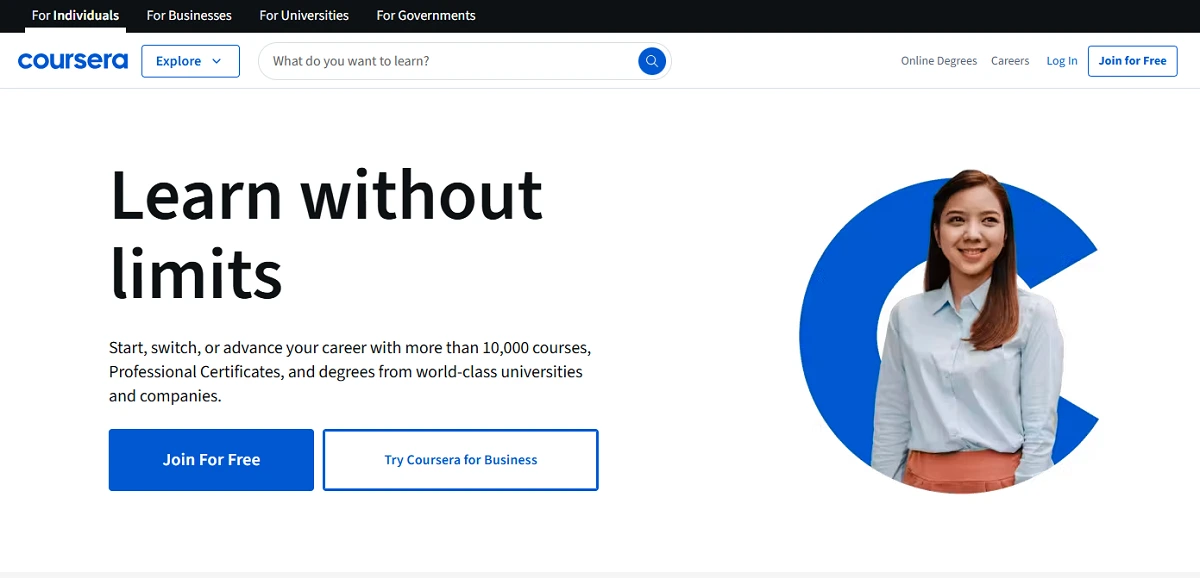
Coursera Reviews and Testimonials
Coursera has mixed feedback from users. Many learners like its high-quality courses made by well-known universities. These reviews often praise the content and the chance to earn certificates from top schools. However, many other reviews point out issues. For example, recent Trustpilot comments complain that some course materials seem outdated and that the grading tools can be glitchy. Other users say the pricing and refund rules are confusing. Overall, Coursera is a legitimate platform – it partners with hundreds of recognized universities – but students should know its pros and cons. In short, Coursera is real and offers good content, but be aware of user complaints about cost and support.
Coursera Pricing

Pricing Range
- Individual courses: roughly $29–$99 USD each.
- Guided Projects (short skills classes): about $9.99–$19.99.
- Specializations and Professional Certificates: typically $39–$79 per month.
- Coursera Plus subscription (unlimited courses): $59 per month or $399 per year.
- MasterTrack certificates: $2,000+ (one-time).
- Online degrees: often thousands of dollars (e.g. $9,000+ for a bachelor’s).
- Local prices: For example, Coursera Plus is about £47/month in the UK or A$89 in Australia (around $59 USD).
Prices can vary by course topic, institution, and region. Many courses also offer a free audit mode (no certificate).
What Students Say About Pricing
Students often find Coursera’s pay structure more complex than other sites. Some Reddit and Trustpilot users report frustration: one noted a “very complicated pricing structure” and trouble with refunds. Generally, Coursera’s course fees are higher than bargain-priced sites like Udemy. For example, Coursera courses often cost $49–$79 each, while Udemy courses can sell from $12.99 up to about $200:contentReference[oaicite:15]{index=15}. Coursera’s higher prices reflect its university partnerships and certificate value. Financial aid and discounts are available for some learners, which can help with costs.
Hidden Costs
Certain features incur extra cost on Coursera. For instance, you can start many courses for free, but if you want graded assignments or a certificate, you must pay. Also, Coursera may push subscriptions or upsell “Plus” access after you enroll. Notably, courses often have a time limit (e.g. 180 days) to finish; one user complained needing to pay again after this deadline even on a course they paid for. In summary, watch out for paid certificates, subscription add-ons, and strict course deadlines.
How Pricing Works
Coursera uses both one-time fees and subscriptions. Single courses are usually one-time purchases (USD range shown above). Specialized programs (Specializations, Professional Certificates) use monthly billing – you pay each month until you finish. The Coursera Plus plan is a fixed monthly or yearly subscription that covers thousands of courses. Coursera also offers financial aid and occasional discounts, and often runs limited-time promotions on Plus.
Free Trial
Coursera Plus comes with a 7-day free trial. During this trial, you get full access to courses and Guided Projects. Just remember to cancel before it ends if you don’t want to pay.
Refund Policy
Coursera’s official refund policy allows a 14-day return for most purchases (course fees, specializations, Coursera Plus, etc.). A full refund is possible if you apply within 2 weeks of payment. However, monthly subscriptions usually do not allow refunds after checkout. Some users still report confusion and difficulty getting refunds, so read the fine print or contact support early if you need a refund.
Coursera Alternatives
Khan Academy
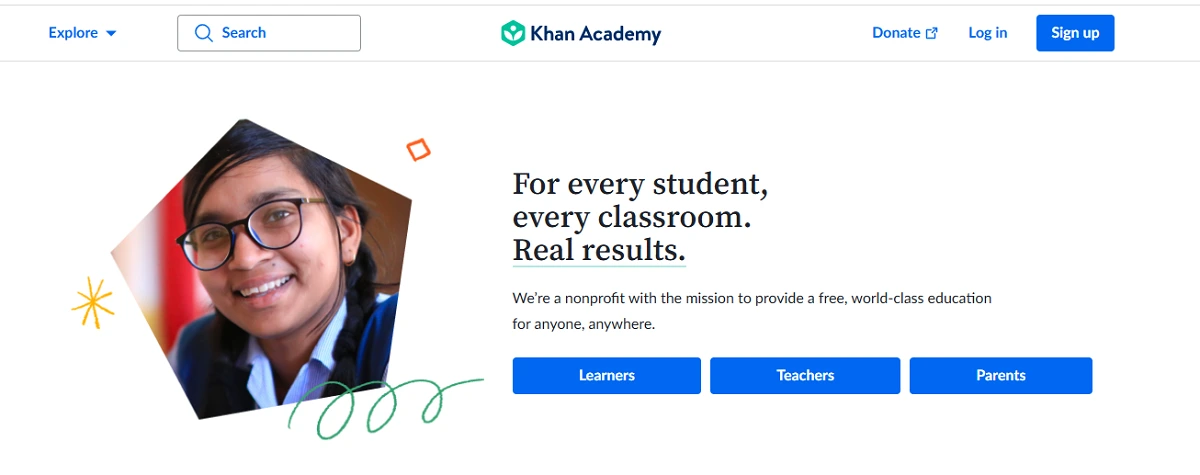
Khan Academy is a free, non-profit learning site for school subjects. It offers video lessons in math, science, history, and more, all at no cost. Unlike Coursera, Khan Academy does not provide certificates or college credit. Its courses are simple and self-paced, ideal for K-12 students. Khan’s strength is that it is completely free to use. In contrast, Coursera charges for certificates and advanced programs. Khan provides practice exercises and videos but no live tutoring. (By comparison, My Engineering Buddy offers paid one-on-one tutoring; it is not free.)
edX
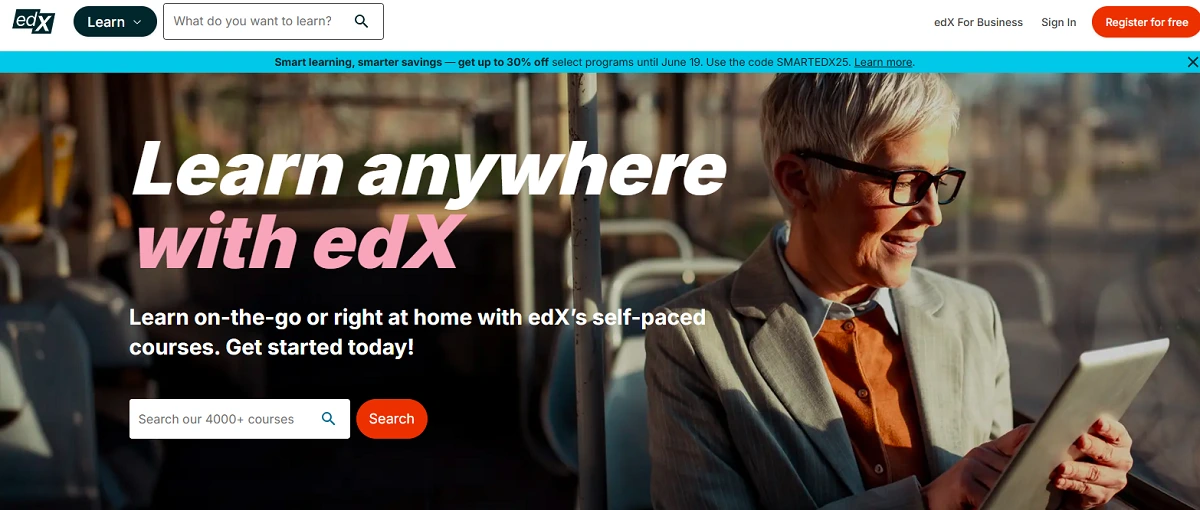
edX is another MOOC platform like Coursera, run by Harvard and MIT. It offers a broad catalog of university courses. Users say edX has similarly “amazing” course quality and top instructors. Coursera has thousands more courses, while edX includes progress checks and some short courses. Both let you audit many classes for free, but charge for certificates. The two are comparable in quality and price range, though Coursera may have more career-focused offerings.
Udemy
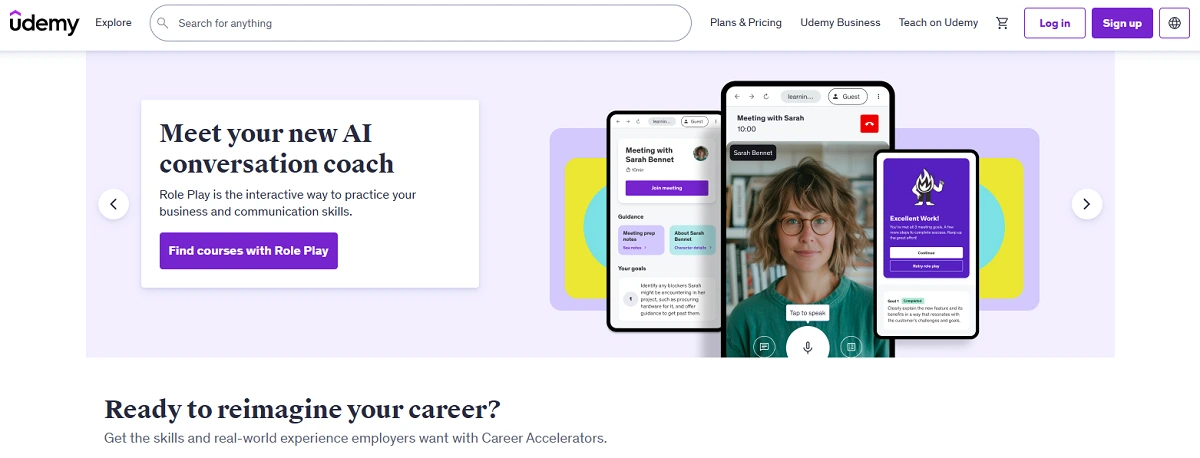
Udemy is a large marketplace of video courses taught by individual creators. It has a very wide range of topics but courses are not accredited. Udemy’s price model is different: courses are sold individually at prices from about $12.99 up to ~$200, and they frequently run deep sales. Udemy is usually cheaper per course than Coursera. However, Udemy lacks university certificates and has no set structure – each instructor sets their own content and price. If you want cheap, one-off courses on many topics, Udemy is often best, but for structured programs and university credibility, Coursera is stronger.
My Engineering Buddy
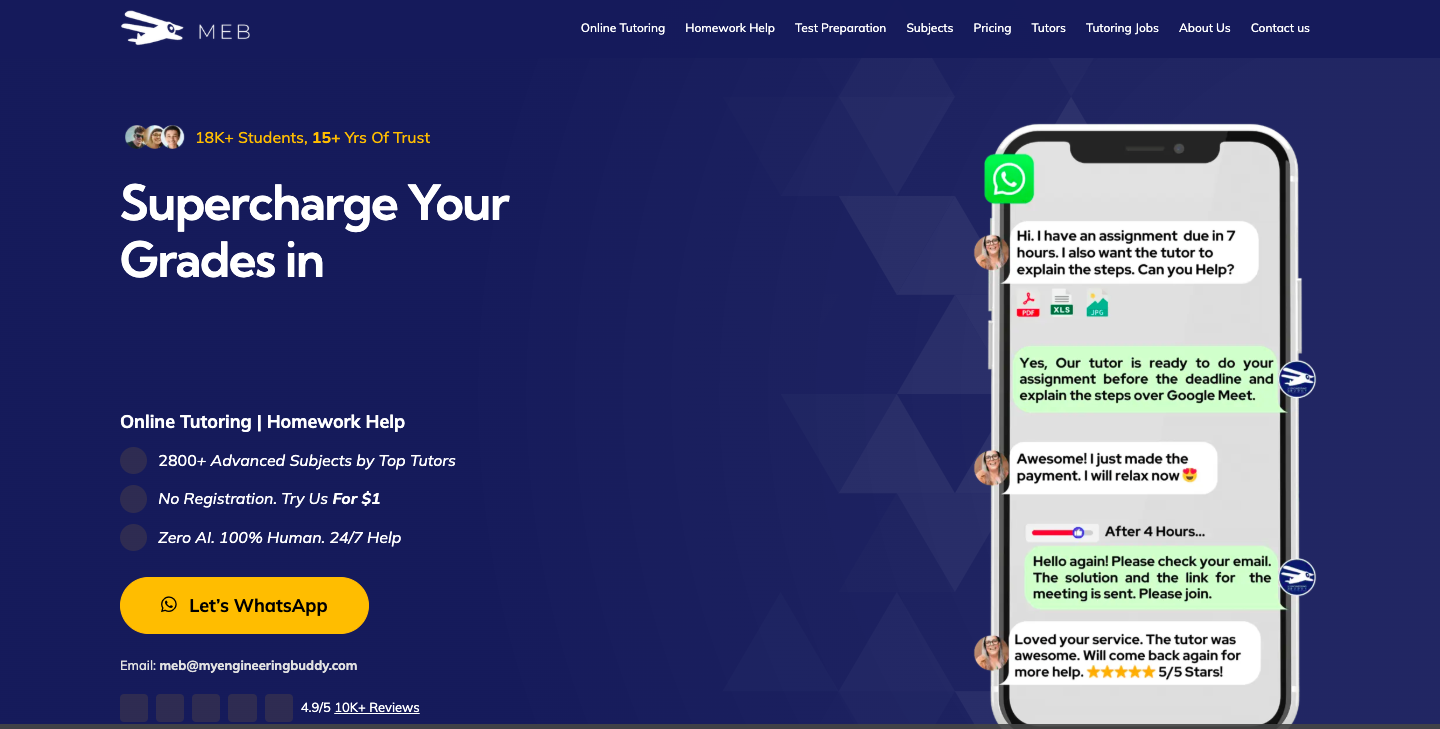
My Engineering Buddy (MEB) is a tutoring platform focused on engineering and advanced STEM subjects. Unlike Coursera’s video courses, MEB provides live 1:1 help. MEB tutors work online in real time on math, physics, and engineering problems. You pay hourly (tutors on MEB often start around $20/hr) and get immediate personal support. By comparison, Coursera’s model is self-study without live instructors. For example, Coursera can help with broad learning in many subjects, but MEB excels at in-depth tutoring in specific topics. Student reviews of MEB are very positive – students consistently rate it 5 stars and say it’s a “desirable” value for the high-quality help. In short, if you need personalized tutoring or fast homework help, My Engineering Buddy outshines Coursera’s course format.
How it Works?
For Students
Students and parents can use Coursera easily. First, sign up for a free account on the Coursera website or app. You just give your email and password (or log in with Google). Next, browse or search for courses by subject (e.g. math, coding, languages). Enroll in any course you like. Many courses allow “audit” mode for free videos, or you can pay for full access. Once enrolled, you go to your dashboard and see your course list and recommendations. Then you watch the video lectures and complete quizzes at your own pace, on your computer or phone. Completed work can earn you a certificate if you paid for it. That’s it – you learn independently online.
For Tutors
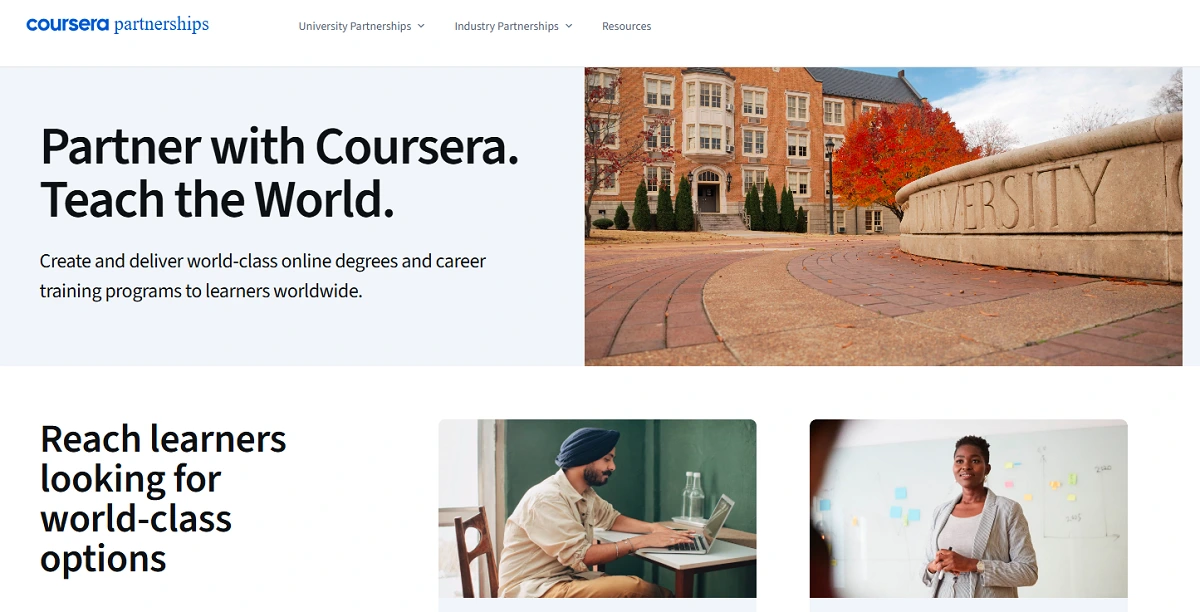
Coursera does not have an open platform for just anyone to teach. Its instructors are mostly university professors or industry experts invited by Coursera. To teach on Coursera, you usually must be part of a partner institution. The exception is “Coursera Project Network”: skilled individuals can apply to teach Guided Projects via a form at teach.coursera.org. In other words, Coursera instructors can’t simply set up courses and fees by themselves. Coursera handles all enrollment and payments; instructors are paid by agreement with the company or university.
Can tutors set their own fee? No. Coursera course prices are fixed by Coursera and its university partners, not by the individual instructor. Tutors do not set individual lesson fees like they might on a private tutoring site. (On My Engineering Buddy, in contrast, tutors do set their hourly rates.)
How much can instructors earn? Earnings vary widely. Coursera instructors are usually paid based on agreements (often a share of course revenue). Some sources estimate a trainer might earn around $10 per student enrollment (so a course with 5,000 students could bring in thousands of dollars). However, exact pay isn’t public. On MEB, tutors charge around $20 per hour or more, so income depends on hours taught.
How many hours of work per month? Coursera instructors spend most time upfront creating or updating a course. After launch, there is less ongoing work (some review of forums or updates). It isn’t a strict monthly hour commitment. On MEB, tutors work whatever hours they schedule.
Is it easy to attract students? Coursera has millions of registered learners, so courses can reach a big audience. But there are thousands of courses, so standing out requires quality content. On a tutoring platform like MEB, attracting students depends on tutor ratings and subject demand – tutors often find their students through the site or referrals.
Tips for more visibility: For instructors, choosing popular topics helps. Use clear titles and descriptions, and encourage good reviews from learners. Engaging in course forums and sharing courses on social media can boost visibility. In other words, high-quality content and marketing help.
What instructors like/dislike: Many Coursera teachers enjoy reaching a global audience and working with top universities. They like the flexible schedule of creating online courses. However, they also mention downsides: making a course can be a lot of work, and Coursera’s rules (like set deadlines and revenue splits) can be challenging. Glassdoor reviews of Coursera staff mention good benefits, but some note a fast-paced environment and frequent changes.
Coursera Company Information
- Founded: 2012 by Stanford professors Andrew Ng and Daphne Koller.
- Headquarters: California, USA.
- Scale: Over 175 million learners registered globally as of 2025.
- Partners: 350+ universities and organizations worldwide.
- Offerings: Online courses, Specializations, Professional Certificates, and even full degrees in many subjects.
Coursera’s mission is “universal access to world-class learning”. The company is a public Delaware corporation and a certified B Corp. It has expanded beyond college courses to include business programs (Coursera for Business) and even government training. Overall, Coursera is a massive global education platform partnering with leaders like Google and IBM, and it continues to innovate in online learning.
USP of Coursera
Coursera’s core strengths are its university partnerships and scale. It offers “world-class learning for anyone, anywhere”. Key selling points include:
- Partnering with 350+ top universities and companies.
- Courses on-demand, available on desktop or mobile.
- Many free courses and a flexible free audit mode.
- Recognized certificates and even credit-bearing degrees.
- Large course catalog (thousands of classes) in tech, science, business, arts, and more.
These make Coursera appealing for students seeking credible credentials from prestigious institutions.
Drawbacks of Coursera
- Cost and refund issues: Many users find Coursera’s pricing confusing. Trustpilot reviewers mention a “complicated pricing structure” and unclear refunds. A significant number of reviews are one-star (TrustScore ~1.4/5).
- Rigid course limits: Coursera courses often have deadlines. One user complained they were forced to repurchase access after a 180-day completion window ended. Such policies can surprise students.
- Outdated content or bugs: Some reviews note that a few courses feel outdated and that automated graders can be slow or glitchy.
- No live tutoring: Courses are video-based with no personal tutor interaction. Students who need step-by-step help might find this limiting (hence the interest in alternatives like MEB).
- Customer service complaints: Several reviews cite slow or unhelpful support when issues arise.
In summary, real users say Coursera delivers quality content from top schools, but they warn about hidden fees, strict deadlines, and occasional service issues.
Comparison with My Engineering Buddy
Where Coursera and My Engineering Buddy (MEB) differ:
- Learning style: Coursera offers recorded courses you watch on your own. MEB offers live 1-on-1 tutoring sessions. This means MEB students get personal help, while Coursera students learn by themselves with videos.
- Subjects: Coursera covers many fields (tech, business, humanities, etc.). MEB focuses on advanced STEM: math, physics, engineering, etc. If you need help in a college-level engineering class, MEB is tailored for that.
- Pricing: Coursera charges per course or month (as detailed above). My Engineering Buddy charges by the hour (tutors often start around $20/hr). There are no extra certificates – you pay for tutoring time.
- Personalization: MEB tutors adjust to your needs each session. Coursera courses are fixed with the same content for all learners. If you have a unique question, a MEB tutor can address it, but a Coursera course cannot.
- Scale vs. niche: Coursera’s strength is scale (millions of learners, many courses). MEB’s strength is quality of help in its niche. MEB boasts a 97% satisfaction rate and 5-star feedback from students, reflecting high-quality tutoring.
In short, Coursera is ideal for broad, self-paced learning and credentials, while My Engineering Buddy is best for focused, personalized tutoring. Students who need intensive help in STEM subjects may prefer MEB’s live help. For a taste of MEB’s service, see student reviews praising its tutoring quality.
Customer Support and Policies
Coursera offers online help through its website and email. It has FAQs and support forums, but many students report that responses can be slow or automated. My Engineering Buddy, in comparison, provides direct chat and email support with a personal touch. Regarding policies, Coursera has the refund rules mentioned above. MEB’s policy is not public here, but as a tutoring service it typically handles refunds case-by-case. In general, users say Coursera’s official policies (refund, deadlines) should be read carefully.
Global Reach and Localization
Coursera truly is worldwide. It serves learners in over 190 countries and offers many courses translated or dubbed via AI (recently adding Spanish, Portuguese, French, and German versions). The platform interfaces are in multiple languages, and content can cater to global audiences. My Engineering Buddy currently focuses on students in the US, UK, Canada, Australia, and Gulf regions. Coursera’s advantage is its massive global user base and language support; MEB’s advantage is specialized help for English-speaking students in certain regions.
Coursera’s Future Plans
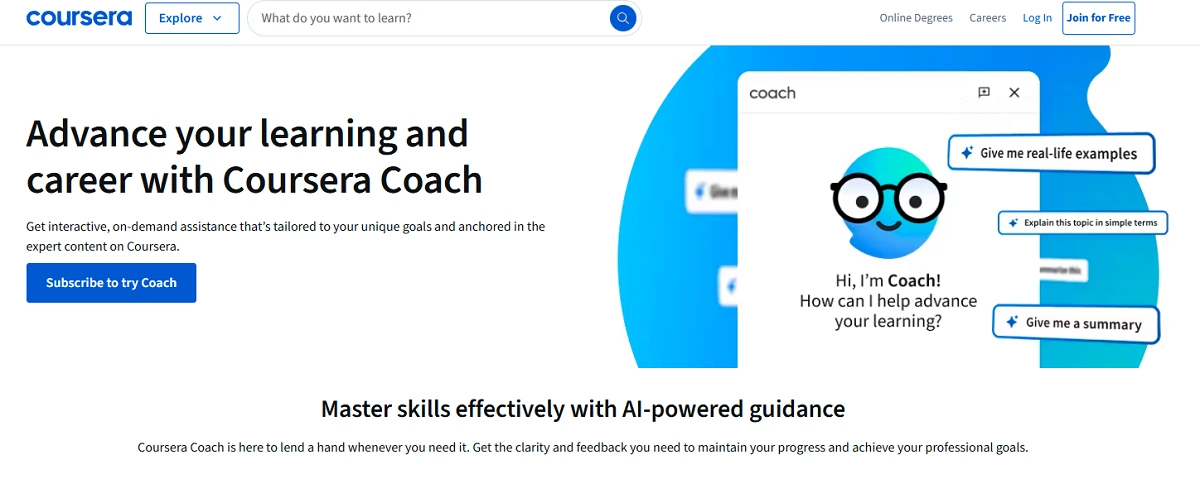
Coursera is adding a lot of AI and personalized features. It launched Coursera Coach – an AI helper that can tutor students and guide their learning path. This Coach can answer questions like a tutor and even give career advice. Coursera is also using AI to create new interactive activities for courses. Other announced plans include AI-translated (dubbed) courses in more languages and improved recommendation systems (“From Catalog to Compass” for career paths). Coursera also continues to expand in in-demand fields like Generative AI, publishing skill reports, and launching new degrees. In short, Coursera is moving toward more AI-driven learning tools and global expansion.
FAQs About Coursera
What is Coursera? Coursera is a large online learning platform started by Stanford professors. It offers courses, certificates, and degrees from leading universities all over the world. Learners can study many topics at their own pace.
Are Coursera courses free? Many Coursera courses let you watch videos for free (audit mode). You only pay if you want graded assignments or a certificate. A 2025 report notes that thousands of Coursera courses are completely free to take. Otherwise, expect to pay the prices listed above for certificates.
Are Coursera certificates recognized? Yes. Coursera partners with accredited universities, so when you earn a course certificate, it is officially from that university. These certificates are generally respected by employers and schools, especially professional certificates and degrees.
How much does Coursera cost? It depends. As mentioned, individual course certificates often cost around $30–$100. Subscription programs cost $39–$79 per month. Coursera Plus is $59/month or $399/year. There are also multi-thousand-dollar degrees. Coursera also offers many free courses, and you can audit free.
Is Coursera accredited? Coursera itself is not a university, but it works with accredited institutions. The platform allows you to earn credit-bearing certificates or even full degrees from those institutions. For example, if a course is offered through a university credit program, it may count for real college credit.
Coursera vs. My Engineering Buddy – which is better? They serve different needs. Coursera is great for formal courses and certificates from universities. My Engineering Buddy is live 1-on-1 tutoring for advanced subjects. If you want personalized help with math or engineering, MEB might be better. If you want to learn from videos and earn a certificate, Coursera is better. Many students use both: Coursera for broad learning and MEB for homework help.
Can I set my own fee as a tutor? On Coursera, no – only Coursera (or its university partners) sets course prices. On tutoring platforms like My Engineering Buddy, tutors can set their hourly rates. So if you want to decide your price, a tutoring site is more suitable.
What is Coursera Plus? Coursera Plus is a subscription plan that gives access to 7,000+ courses for one flat fee. It costs $59 per month (or $399 per year), and it includes a 7-day free trial.
Can I get a refund from Coursera? Yes, you usually can if you act quickly. Coursera allows a refund within 14 days of purchase for most courses and programs. Monthly subscriptions (like Plus monthly) typically do not refund after purchase, though you can cancel to stop future billing.
Is Coursera legit? Yes. Coursera is a well-known platform with millions of users and real university partnerships. It is trustworthy. However, its small-print policies (pricing, deadlines) have drawn complaints, so use it carefully.
Coursera vs My Engineering Buddy (MEB): Quick Comparison Table
| Feature | Coursera | My Engineering Buddy (MEB) |
|---|---|---|
| Service Type | Pre-recorded online courses, some live components | 100% live, personalized 1-on-1 tutoring & homework help |
| Subject Focus | Wide: Business, Tech, Arts, Sciences, Languages | Focused: Engineering, Math, Physics, Computer Science |
| Interaction with Tutor | Minimal or none; mostly self-paced | Full live interaction with expert tutors |
| Pricing Structure | Subscription (USD 39–79/month) or per course | Pay-per-session; starts from USD 20/hour |
| Homework Help | Not offered directly | Fast, accurate, 1-on-1 homework assistance |
| Trial Option | 7-day free trial on some courses/plans | Free initial session offered |
| Refund Policy | Limited, depends on course provider | Student-friendly and flexible |
| Certification | Yes, from top universities/companies | No, academic support only (not for certificates) |
| Best Suited For | Career advancement, certifications, general learning | Scoring better in exams and completing tough homework |
| AI Integration | Yes, for content recommendations and learning paths | Primarily human tutoring, minimal AI |
Conclusion
Coursera offers a huge catalog of courses from top schools, making it a strong choice for credentialed online learning. Its positives are quality content, flexible learning, and recognized certificates. Its negatives include complex pricing, strict time limits on courses, and no live tutoring. For students needing one-on-one help, My Engineering Buddy is an excellent alternative. MEB shines with personalized tutoring in math and engineering. For advanced STEM subjects, MEB’s private tutors and high student satisfaction can make learning easier. Ultimately, many learners use both: they take broad courses on Coursera and get extra support from MEB when needed. To see how personalized help can boost your learning, consider trying My Engineering Buddy for expert tutoring.

